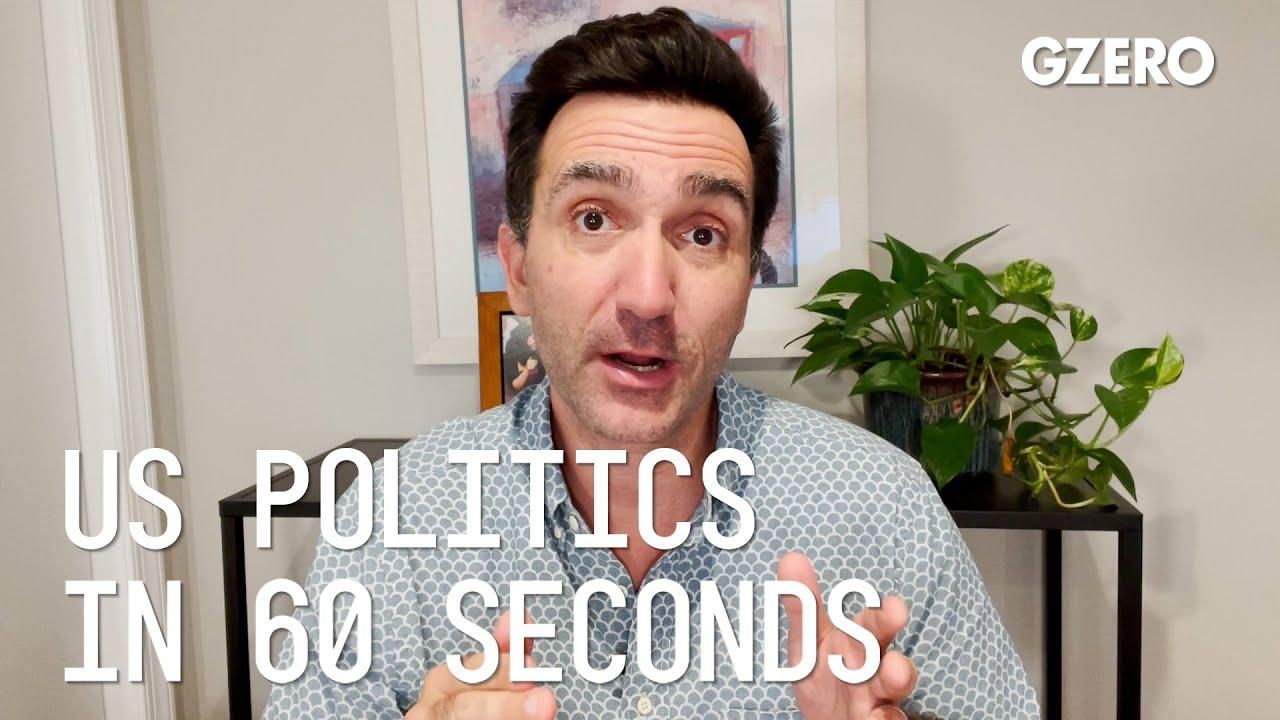
Get insights on the latest news in US politics from Jon Lieber, head of Eurasia Group's coverage of political and policy developments in Washington:
House Speaker Nancy Pelosi is forming a January 6th committee to investigate the Capitol insurrection. What do you expect to come from it?
Well, the committee is allowed to perform with the input from minority Republicans, but the Republicans are basically refusing to participate. Which means that most committee members, with the exception of probably Liz Cheney, the Trump critical member of Congress from Wyoming and daughter of the former vice president, are going to be Democrats. And the Democrats are going to probably go into this with an earnest desire to look at what happened on January 6th, who instigated the riot, why it happened, why the signs were missed at the Capitol by the Capitol police and others. What's likely going to come out of this is a lot of partisan messaging, trying to link the Republican party to the insurgence that stormed the Capitol on January 6th. That will help to harden views around January 6th and lead to more ongoing partisan battling in the advance of the 2022 midterm elections. So, expect a lot of heat, but not a lot of light to come out of this investigation. It'll probably be dismissed by Republican critics, even if its findings were to be sound.
The Supreme Court this week ruled on several voting rights cases. What are the implications for the future?
The Supreme Court this week ruled in a voting rights case in Arizona that limited the application of Section 2 of the Voting Rights Act. Which, after the Supreme Court's ruling on Section 5 of the Voting Rights Act several years ago, undermines some of the protections that are provided by the Act by requiring extremely high standard for plaintiffs to show that an election law is in fact discriminatory. What the court wanted to say was that the discriminatory effects are not enough to show discrimination, and this will make future cases brought under Section 2 unlikely to succeed. This is relevant because the DOJ just last week sued the state of Georgia for the discriminatory impact of their new voting rights law. The burden will be on them now to show a racially discriminatory intent. So, this is good news for Republicans who are trying to pass more laws in states that roll back some of the loosenings of election law that we've seen in recent years, particularly during the pandemic. But it's bad news for election law reformers and Democrats who want to try to make voting as easy and accessible to as many groups as possible as they can. One further implication of this new ruling is that the Democrats in Congress will continue to push on a new voting rights act. You've got at least two holdouts among Democrats who don't want to change the legislative filibuster rules. And no Republicans are expected to embrace those reforms, which means this will continue to be a partisan fight, at least through the midterm elections, and probably beyond. A very big issue in us politics
- The Graphic Truth: SCOTUS vacancies in presidential election years ... ›
- While you were watching the insurrection, Democrats won the US ... ›
- ANARCHY! How the world covered the insurrection in DC - GZERO ... ›
- Should Democrats abolish the filibuster? - GZERO Media ›
- Podcast: Finding Common Ground in Congress After the ... ›
- The worst time to enter Congress: Republican Congresswoman ... ›